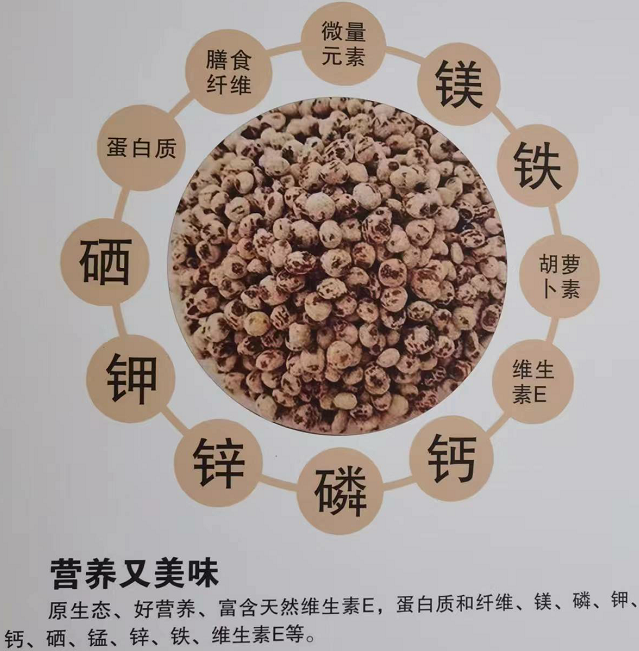
Cyperus esculentus, also known as tiger nut, is a plant that has piqued the interest of many in the agricultural and food industries. With a history dating back to ancient Egypt, where it was used as a food source and for medicinal purposes, this plant has now found its way into modern food and cosmetic markets. In this article, we'll delve into the secrets of Cyperus esculentus, from its cultivation to oil production.

One of the most remarkable features of Cyperus esculentus is its high oil yield. On average, Cyperus esculentus can produce up to 25 - 30% oil by weight, significantly higher than many traditional oil - producing crops. For example, soybeans typically yield around 18 - 22% oil. This high oil content makes it an efficient and cost - effective source of edible oil.
When compared to traditional edible oils such as olive oil and sunflower oil, Cyperus esculentus oil has a unique flavor profile and nutritional composition. It has a light, nutty taste that appeals to a wide range of consumers. Moreover, it contains a high percentage of unsaturated fatty acids, which are beneficial for heart health.
The cultivation of Cyperus esculentus is relatively straightforward and has several environmental benefits. It is a hardy plant that can grow in a variety of soil types, from sandy to loamy. During the planting process, it has natural pest - repellent properties, reducing the need for chemical pesticides. This makes it an environmentally friendly choice for farmers.
The process of turning Cyperus esculentus into oil involves several steps. First, the tubers are harvested when they reach maturity. Then, they are cleaned and dried to reduce moisture content. After that, the tubers are crushed and pressed to extract the oil. The company employs advanced cold - pressing technology, which ensures that the oil retains its natural flavor and nutritional value.
.jpg)
Cyperus esculentus is not only a great source of oil but also rich in other nutrients. It contains protein, dietary fiber, vitamins (such as vitamin E), and minerals (such as potassium and magnesium). These nutrients make it suitable for a wide range of applications.
In the food industry, Cyperus esculentus oil can be used for cooking, salad dressings, and baking. It can also be added to processed foods to enhance their nutritional value. In the cosmetic industry, the oil's moisturizing and antioxidant properties make it a popular ingredient in skin - care products such as lotions and creams.
Our company takes quality control very seriously. In the cultivation stage, we select high - quality seeds and use organic fertilizers to ensure healthy growth. During the harvest, we have strict standards for tuber size and maturity. In the processing stage, we follow strict hygiene and safety protocols to ensure that the final product is of the highest quality.
We have conducted numerous tests and studies to prove the quality and safety of our Cyperus esculentus products. For example, independent laboratory tests have shown that our oil meets international food safety standards.
Beyond the food industry, Cyperus esculentus oil is increasingly being used in skincare and beauty products. Its high vitamin E content helps to protect the skin from oxidative stress, reducing the appearance of wrinkles and fine lines. Many beauty brands are now incorporating Cyperus esculentus oil into their anti - aging and moisturizing products.
We have also received positive feedback from customers who have used our Cyperus esculentus - based skincare products. For instance, a customer reported that after using our Cyperus esculentus lotion for a month, their skin felt smoother and more hydrated.

We hope this article has given you a better understanding of Cyperus esculentus and its many benefits. Do you have any questions or experiences to share about Cyperus esculentus? Leave a comment below, and we'll be happy to engage with you. If you're interested in learning more about our high - quality Cyperus esculentus products, click here to explore further!

